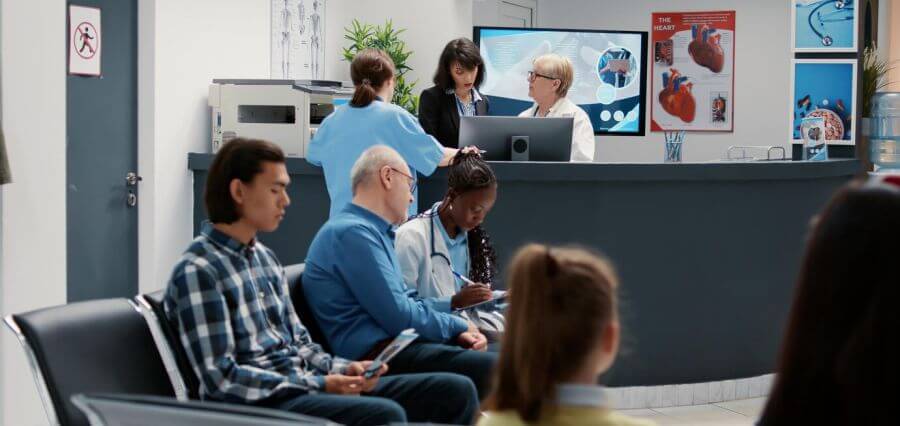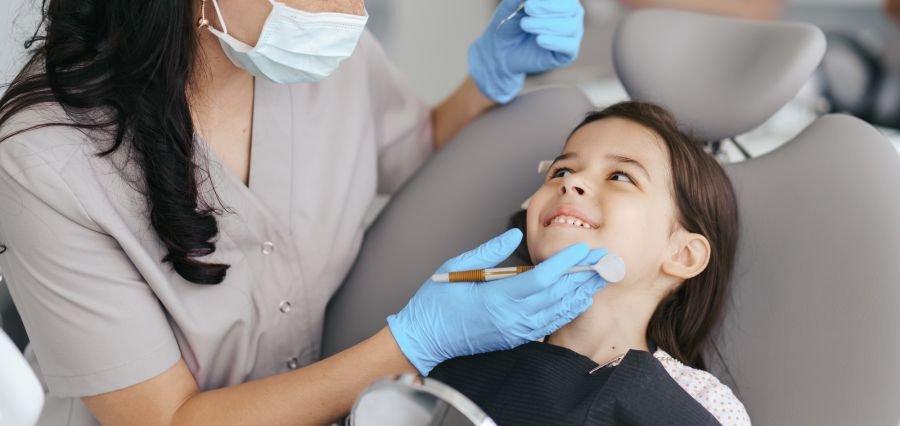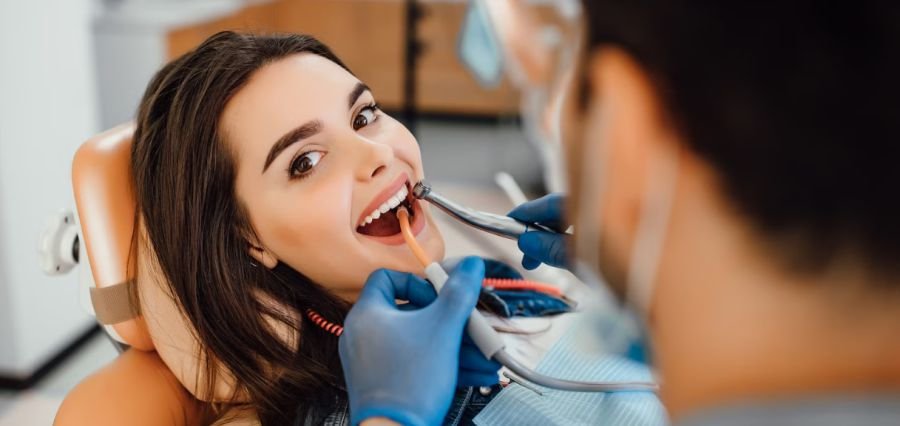Intensive Outpatient Programs (IOPs) provide a unique and effective way to treat mental health disorders and addiction. They offer individuals the support and structure they need while allowing them to maintain their daily responsibilities. By participating in an IOP, individuals can work toward recovery in a manner that fits seamlessly into their everyday lives. This makes IOPs an ideal choice for those seeking comprehensive care without the limitations of residential treatment.
This article explores the components and benefits of IOPs, highlighting their crucial role in the continuum of care for addiction recovery.
Program Overview
Intensive Outpatient Programs (IOPs) often serve as the next step in treatment for individuals who’ve completed detoxification or don’t require 24-hour medical supervision.
IOPs provide a structured program that allows you to maintain your daily responsibilities while receiving the support and care you need to overcome substance use disorders and co-occurring mental health issues.
You’ll attend therapy sessions 3 to 5 times a week, with each session lasting 2 to 5 hours, totaling at least 10 hours of therapy weekly.
The intensive outpatient program focuses on evidence-based therapies, such as Cognitive-Behavioral Therapy (CBT), group therapy, and life skills classes, which are designed to help you develop coping strategies and promote long-term recovery.
The duration of treatment in an IOP typically ranges from 2 weeks to 3 months, depending on your individual needs and progress.
IOPs are designed to be flexible and accessible, often scheduling sessions outside of regular work or school hours to better accommodate participants’ schedules.
This flexible treatment option allows you to receive the care you need without having to commit to a residential program, enabling you to maintain your daily life activities while working towards a healthier, substance-free future.
A great example for a well-balanced addiction treatment program is the one provided by New Chapter Faith Recovery. Their team of addiction professionals carry out high-quality Intensive Outpatient Programs for Addiction Recovery in NJ which are based on a proven blend of faith-oriented practices and evidence-based methods.
Treatment Components
Key elements of an IOP include individual therapy sessions that offer personalized support, group therapy that fosters a sense of community and shared learning, and family therapy aimed at enhancing communication and support networks.
Individual therapy involves one-on-one sessions with a therapist aimed at addressing personal challenges, developing coping strategies, and working towards specific treatment goals.
Group sessions create a supportive environment where participants can share their experiences, learn from peers, and build a sense of community. This aspect is crucial for fostering communication skills and offering mutual support among individuals who are facing similar challenges.
Involving family members in the treatment process helps improve communication, repair relationships, and strengthen support networks. Family therapy is essential for addressing the dynamics that may contribute to an individual’s condition and for creating a supportive home environment.
Psychoeducation plays a crucial role as well, equipping participants with knowledge about their conditions and strategies for coping and preventing relapse. On top of that any IOPs incorporate behavioral interventions and skills training to help modify negative behaviors and develop healthier coping mechanisms.
Throughout the program, your progress will be regularly assessed, and your treatment plan will be adjusted to match your evolving needs, setting you up for long-term success in recovery.
Therapy Approaches
Cognitive-Behavioral Therapy (CBT) is a cornerstone of many IOPs, helping you identify and modify dysfunctional thoughts and behaviors that contribute to substance abuse. The Matrix Model, which integrates CBT, 12-step facilitation, and motivational interviewing, provides a structured 16-week program that emphasizes family involvement and social support.
Family Therapy is another crucial component, focusing on improving communication and relationship dynamics within your family system to foster a supportive environment for recovery.
Some IOPs also employ Contingency Management, offering tangible rewards for healthy behaviors to promote accountability and enhance your motivation.
Medication-Assisted Treatment (MAT) may also be incorporated to help manage withdrawal symptoms, ensuring a comprehensive approach to your recovery journey.
Your treatment team will closely monitor your medication adherence and watch for any side effects to ensure your safety and optimize treatment outcomes. They’ll make adjustments as necessary and provide education about your medications, including potential interactions and the importance of compliance. This empowers you to take an active role in your recovery journey.
Who Can Benefit From IOPs for addiction treatment?
IOPs are particularly suitable if you’re transitioning from inpatient care, as they provide ongoing support while allowing you to maintain your daily responsibilities at home, work, or school. If you have a substance use disorder but don’t require medical detoxification or 24-hour supervision, an IOP can be a flexible option for your recovery journey.
IOPs are also beneficial if you’re at risk of relapse or have manageable health conditions, as they offer structured treatment without the need for overnight stays.
If you’re facing co-occurring mental health disorders, an IOP’s combination of individual and group therapy, along with evidence-based treatments like Cognitive-Behavioral Therapy (CBT) and family therapy, can effectively support your recovery by addressing both your addiction and behavioral health issues.
Conclusion
With a focus on relapse prevention and the development of coping skills, an intensive outpatient treatment program can significantly contribute to your emotional well-being and long-term success in overcoming addiction. The success of an Intensive Outpatient Program hinges on its ability to customize treatment plans that address the unique needs of each participant. By fostering a sense of community and resilience, the program helps individuals build a support network that extends far beyond their time in the IOP.
Read More: Click Here










